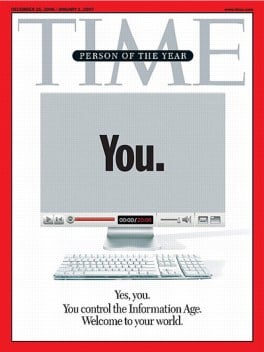Last week, the ailing sound recording industry in America found someone even dumber to pick on. Kazaa user Jammie Thomas had got on the internet, and was doing just what the adverts and mass media say you should do once you’re there – fill your boots with free stuff.
This is a case that should make everyone involved feel ashamed of themselves – with no exceptions. But I’m amazed by the howls of outrage.
Without this free stuff, the internet would be worth very little: it’s simply an extension of the telephone network with added pictures, and would otherwise be priced accordingly, as a low-cost or free addition to your phone bill. Everyone knows that pictures of cats falling down stairs, or even feature-light web-based office suites aren’t really money spinners. Google and BT can’t say so explicitly, but most people are only here for the free music or porn. The rest are here for online games. The stuff about getting broadband “to help with the kids’ homework” is sanctimonious crap.

